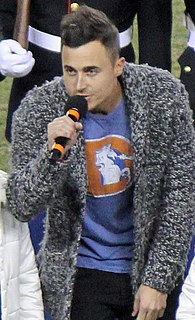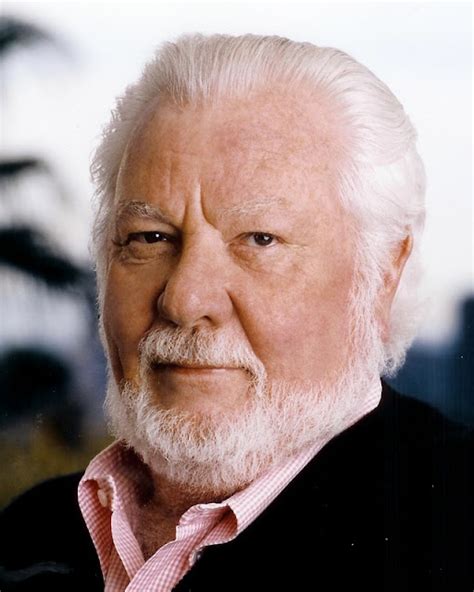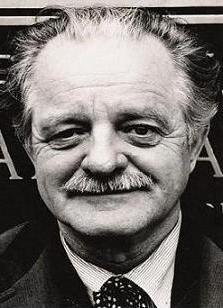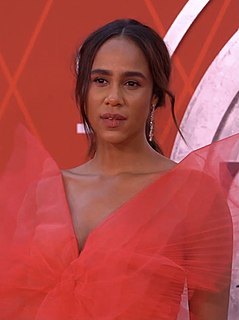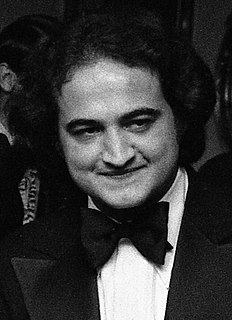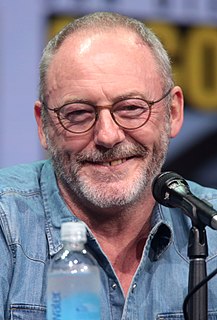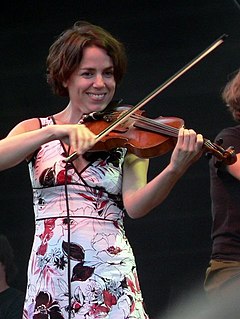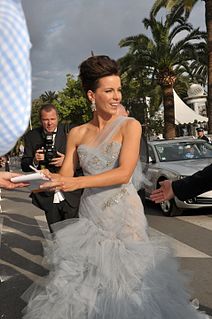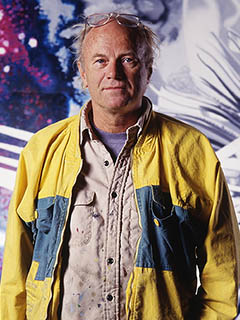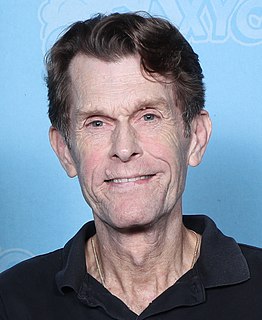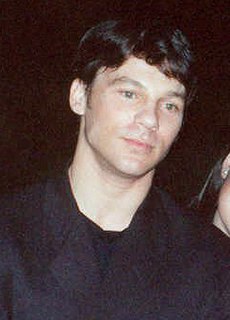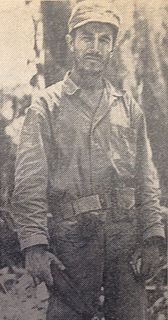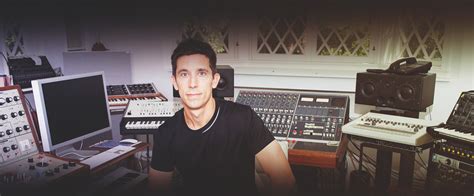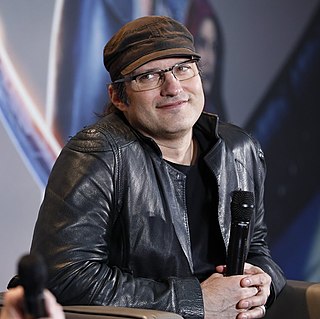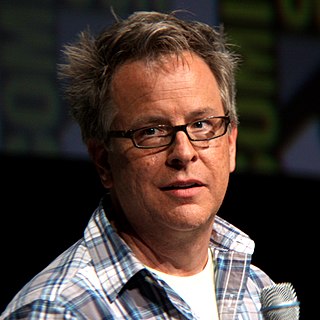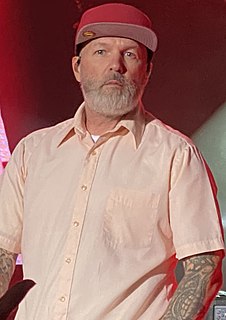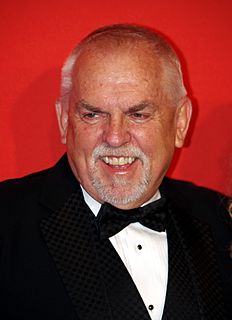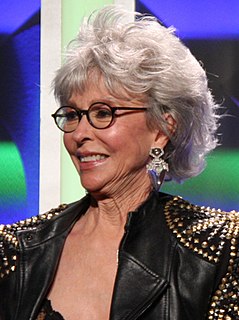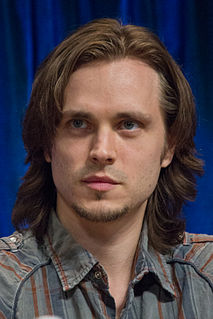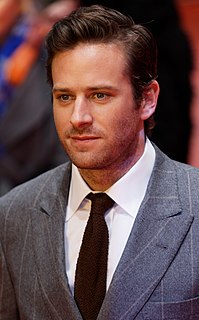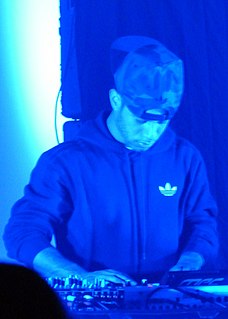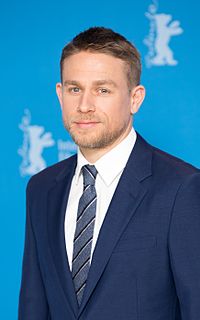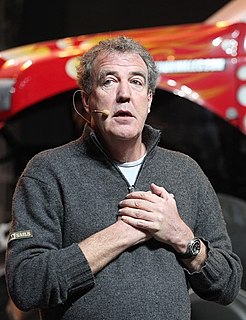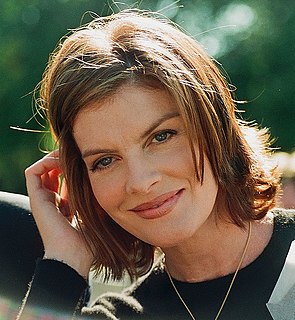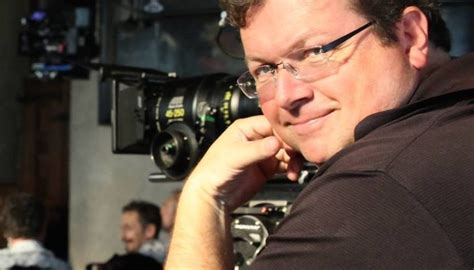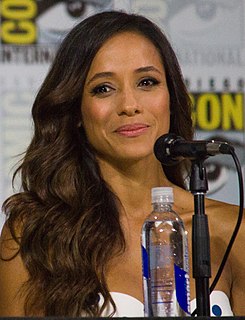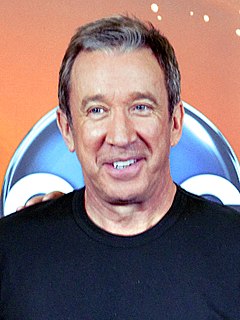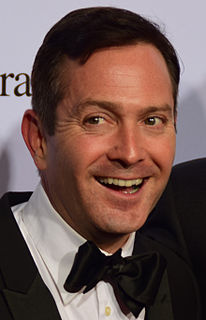Top 746 Studios Quotes & Sayings - Page 9
Explore popular Studios quotes.
Last updated on November 22, 2024.
The daily act of writing remains as demanding and maddening as it was before, and the pleasure you get from writing - rare but profound - remains at the true heart of the enterprise. On their best days, writers all over the world are winning Pulitzers, all alone in their studios, with no one watching.
Where possible, if there's something that is highly likely to kill you, the studios won't insure us to do [the stunts]. But where we are insurable, Len likes to make us do that. He likes to see actors' faces and have everybody know that that is them doing it. Yeah, I definitely got some bruises on this one.
At Pixar, we believe strongly that filmmakers should develop ideas they are passionate about. This may sound like a no-brainer, but in fact in Hollywood, the big movie studios have whole departments devoted to acquiring and developing projects that will only later be paired with a director-for-hire.
With my career in general, I feel like I'm finally getting to do the roles that I've always wanted to do. It's a slow build; you can't ever get the roles that you want in the beginning of your career because you don't have the buzz or the heat, or whatever the hell it is you need for the agents and the studios to be happy.
I don't do anything digital. Everything is analog, and that's a limitation for me. However, in my world, it's not a limitation at all because I don't create the type of music that would generally be created by musicians that work with digital recording studios, and/or digital equipment, as far as production is concerned.
Traditional publishers will be dominant, and they should be because they really do assure quality. But eBooks, which are huge already, are going to eclipse everything. They will save traditional publishing the way DVDs saved movie studios (for a while) and they'll greatly expand the number of readers.
I've done an incredible amount of painters. It's an area, for me, where there's more mystery left. I've photographed so many musicians, I've been in studios so often, I know the whole process. The mystery's gone from it. I think it's important to keep mystery into our lives. There's a longing connected with it.
Currently there's no other way to get a movie into 3,000 theaters except with a studio. We have a first-look deal with Universal, and it's been fun to work with them. But studios are a part of our life. I think they'll always be, but they'll play a different role. The consumer and the creator are getting closer together.
There are two 'Snow White' movies coming out for the same reason that you remember back in the day there was 'Armageddon' and then 'Deep Impact.' You know, 'Andromeda Strain' and then 'Outbreak.' Like, all of those things. It's common because basically studios have no imagination in making the decisions.
When the film and music industries declined in the wake of increasingly conservative Muslim laws and social customs in Pakistan, many of these musicians found themselves out of work. They were brought together at Sachal Studios by Izzat Majeed, who built the studio in order to preserve these musical traditions.
You get very little from the studios anymore, it's all independent. And I think the studio, with the exception of something like The Social Network, a fine film, very interesting, but as for studio pictures, that's it, what else? There was more only a few years ago. So it changes, and I'm trying as much as I can.
If we were making a record in Kentucky, there might be some more elements that recall a time, a place, or a relationship. Recording for the BBC you enter into this strange and wonderful, but kind of sterile, place with which you have no personal history, and that's the Maida Vale Studios at BBC in London.
I grew up in Burbank - but not the Burbank of valet parking and TV studios. In the late 1950s, there was a small apartment complex on Elmwood Avenue that rented mostly to families on welfare. I lived there from age 3 to 11 and again from 14 to 18 with my mother, Shirley, and my younger sister, Toni.
There's a simple arithmetical logic at work. Build more unaffordable and not always architecturally sympathetic apartments, watch the rents rise, the tarts leave, the small shops, production offices and design studios close down, and hey presto, we have another fashionable London suburb indistinguishable from the rest.
